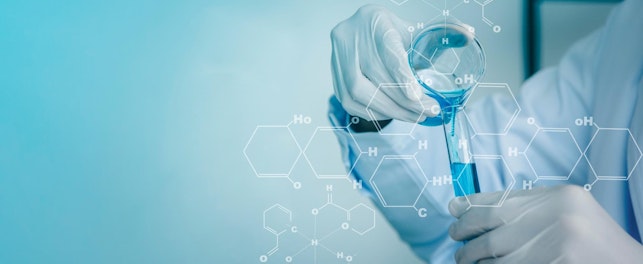In today's interconnected world, electronic products have become indispensable, permeating every aspect of modern life. However, with technological advancement comes the responsibility to ensure that these products are safe for both consumers and the environment. This is where RoHS, or the Restriction of Hazardous Substances Directive, comes into play.
RoHS, formally known as Directive 2011/65/EU, sets stringent restrictions on the use of hazardous substances in electrical and electronic products. Lead, cadmium, mercury, chromium VI, and certain phthalates are among the substances restricted by RoHS, with limits set at 0.1% or 1,000 ppm by weight of homogeneous material. These regulations aim to safeguard human health and the environment by reducing the presence of harmful chemicals in electronic products.
In addition to the original RoHS directive, which came into effect in 2011, Directive 2015/863 expanded the list of restricted substances to include four new phthalates. This amendment underscores the ongoing commitment to enhancing product safety and environmental protection. Compliance deadlines vary depending on product categories, with strict adherence required to avoid penalties and maintain market access.
RoHS compliance offers several key benefits:
- Product Safety: RoHS compliance ensures that products are free from hazardous substances, reducing the risk of harm to consumers and workers.
- Environmental Responsibility: By minimizing the use of harmful chemicals, RoHS contributes to environmental protection and sustainability efforts.
- Market Access: Achieving RoHS certification facilitates access to global markets, as many countries have adopted similar regulations or recognize the EU RoHS directive.
- Brand Reputation: Companies that prioritize RoHS compliance demonstrate their commitment to ethical business practices and environmental stewardship, enhancing brand reputation and consumer trust.
- Competitive Advantage: RoHS compliance provides a competitive edge, allowing companies to differentiate themselves in the marketplace and attract environmentally conscious consumers.
- Risk Mitigation: Compliance with RoHS regulations reduces the risk of non-compliance penalties, legal disputes, and reputational damage.
- Resource Efficiency: By promoting product durability, repairability, and recyclability, RoHS contributes to resource conservation and waste reduction efforts, supporting the transition to a circular economy.
RoHS compliance is not only a regulatory requirement but also a strategic investment for companies seeking to thrive in today's competitive marketplace. By prioritizing product safety, environmental stewardship, and market access, businesses can unlock new opportunities and contribute to a safer, more sustainable future for all.
For companies looking to embark on their RoHS compliance journey or seeking guidance on regulatory requirements, SGS offers comprehensive testing, verification, and certification services. Contact us today to learn more about how we can support your RoHS compliance efforts and help you stay ahead in a rapidly evolving industry landscape.
About SGS
We are SGS – the world’s leading testing, inspection and certification company. We are recognized as the global benchmark for sustainability, quality and integrity. Our 99,600 employees operate a network of 2,600 offices and laboratories around the world.
The Garden Center, Kawasan Komersial Cilandak (KKC), Jl. Raya Cilandak KKO,
12560,
South Jakarta, Special Capital Region of Jakarta, Indonesia



